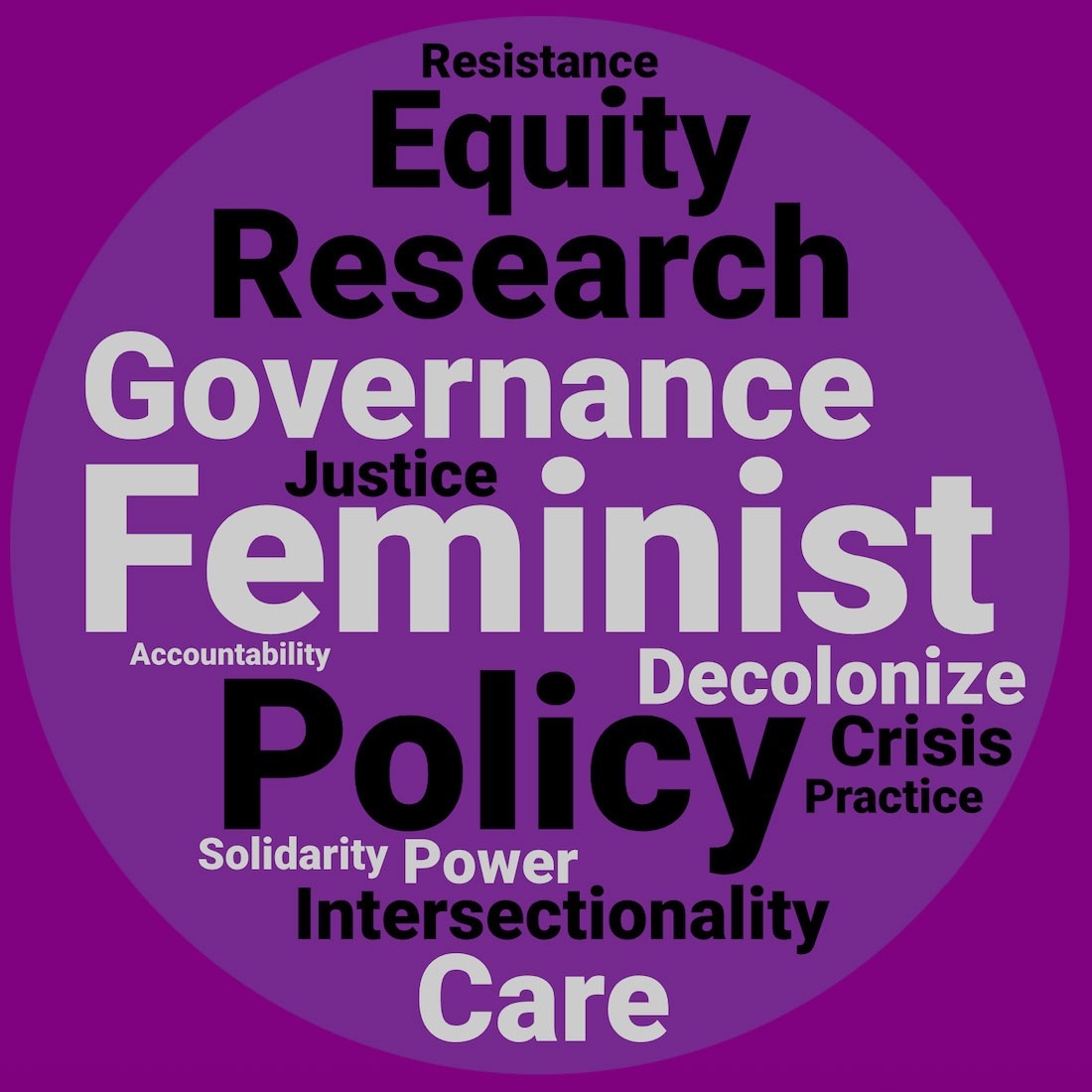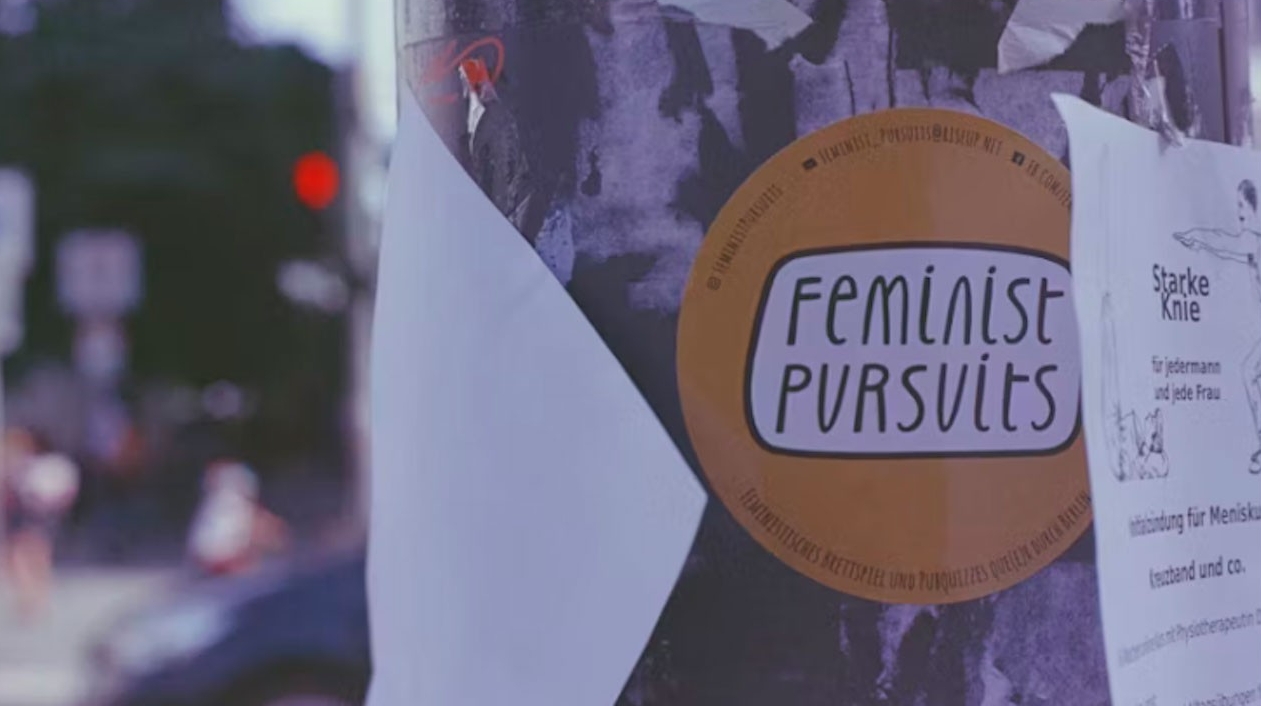Feminist Governance in Times of Crisis

Overview
The first two decades of the 21st century have been shaped by seemingly unending crises. 9/11, the ’08 Financial Crisis, climate change, growing international hostilities and the COVID-19 pandemic have brought widespread attention to persistent and intersectional inequalities, leading to both growing demands for social justice and hard-right backlash. Moreover, democratic backsliding and post-truth pose significant threats to liberal democracies around the world. In short, the 21st century is so far tumultuous, marked by increasing polarization, skepticism and mistrust. As a result, we are not only witnessing the exacerbation of existing inequalities, but also the erosion of hard-won gains for marginalized communities, notably queer, racialized and migrant communities.
In response to these trends, every major international organization, including the Organization for Economic Development and Co-operation, the World Bank, and the United Nations, as well as several governments around the world, such as Canada, Spain, Nicaragua and Namibia, are calling for intersectional approaches to public policy that centre the experiences of marginalized communities.
It is in this context that we created the Working Group on Feminist Governance in Times of Crisis. In association with the Feminist Policy Lab, the working group brings together an interdisciplinary group of scholars seeking to understand the intersectional dimensions of policy processes and outcomes and to explore how policy can challenge and transform existing power relations across all social locations. Collectively, our membership, including both faculty and students, represents all four faculties at Concordia University and includes folks from across and outside of Canada. The working group will showcase cutting-edge feminist and anti-oppression research on all aspects of public governance, including policy institutions, processes, and outcomes, and specific policy sectors, such as the economy, health, technology and innovation, and social policy. To that end, our expertise spans politics and policy, economics, organizations and leadership, STEM, and communications.

Organizers
Francesca Scala, Professor
Department of Political Science
Stephanie Paterson, Professor
Department of Political Science
Student Coordinator:
Logan Bates, PhD candidate
Department of Political Science
Email: logan.bates@concordia.ca
Key questions
The work of the group is informed by the following questions:
- How have governments around the world responded to persistent and growing inequality? How do these approaches differ, e.g., whole-of-government, sector-specific, deliberative/participatory vs. technocratic, etcetera.
- How does “crisis” shape interventions relating to inequality? e.g., Who is constructed to be “at risk?” Who is constructed to be “risky?"
- How can feminist approaches to governance/public policy challenge and transform existing governance/policy institutions, processes, and outcomes?
Group members
Francesca Scala
Department of Political Science
Stephanie Paterson
Department of Political Science
Nora Jaffary
Department of History
Kim Manning
Simone de Beauvoir Institute, Department of Political Science
Catherine Richardson
School of Community and Public Affairs
Nalini Mohabir
Department of Geography, Planning and Environment
Meghan Joy
Department of Political Science
Chantal Maiile
Simone de Beauvoir Institute
Ketra Schmitt
Centre for Engineering in Society
Anna Kruzynski
School of Community and Public Affairs
Krista Lynes
Department of Communication Studies
Claudine Mangen
John Molson School of Business
Anna Sheftel
School of Community and Public Affairs
Sarah Ghabriel
Department of History
Océane Jasor
Department of Sociology and Antropology
Amy Mazer
Washington University
Sarah Wiebe
University of Victoria
Alana Cattapan
University of Waterloo
Kate Bezanson
Brock University
Michael Orsini
University of Ottawa
Ethel Tungohan
York University
Fiona MacDonald
University of Northern British Colombia
Lisa Smith
Douglas College
Lindsay Larios
University of Manitoba
Tammy Findlay
Mount Saint Vincent University
Nisha Nath
Athabasca University
Isabelle Engali
University of Exeter (UK)
Manon Laurent
College de France
Alexandra Dobrowolsky
Saint Mary's University
Victoria Jonas
Concordia University – INDI, PhD
Nohémie Matomo Bakura
Concordia University – Political Science, MA
Logan Bates
Concordia University – Political Science, PhD
Lily Campbell
Concordia University – Political Science, MA (incoming)
Alexandria Hammond
McGill University – Political Science, PhD
Amrita Kumar-Ratta
University of Toronto – Geography, PhD
Iris Bradford
Concordia University – Political Science, PhD
Chloe Battista
Concordia University – Political Science, MA
Francesco MacAllister-Caruso
Concordia University – Political Science, PhD
Anton Clark
Concordia University – Film Studies, PhD
Oonagh Fitzgerald
Concordia University – INDI, PhD (recently completed)
Meghan Houle
Concordia University – Political Science, PhD

